Search
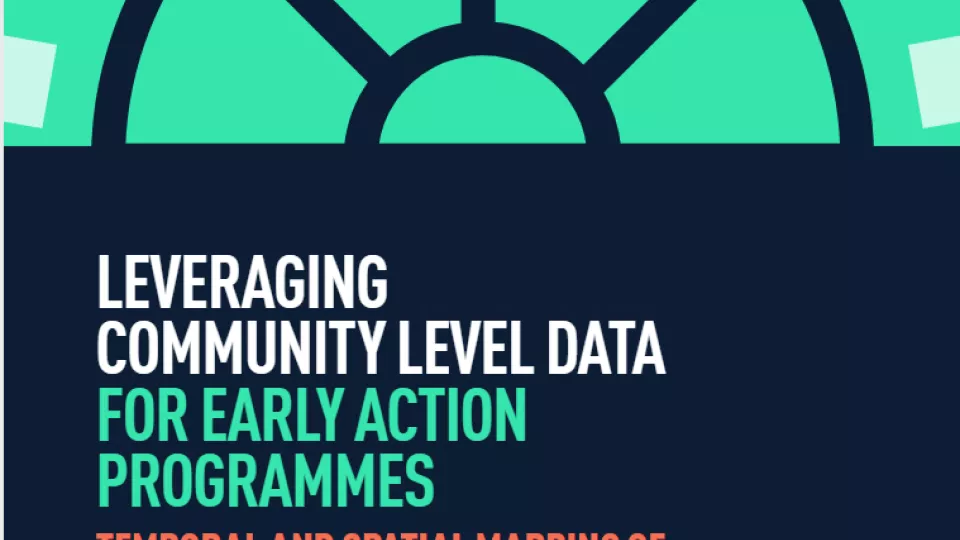
Overview: Leveraging Community Level Data for Early Action Programmes: Temporal and Spatial Mapping of Community Livelihoods in Senegal
Start Network implements a range of early action programmes to enable communities to act ahead of potential hazards. One of the challenges involved in delivering impactful early action interventions is ensuring that assistance reaches community members at the right time, i.e., before some community members are forced to resort to negative coping mechanisms such as taking children out of school, cutting down on meals or incurring debts for food provision. Intervention timing can differ within the same country and from one region or community to another. Qualitative data collected from community members provides crucial insights that help us determine the right windows of opportunity for interventions. However, this longitudinal qualitative data requires time to analyse and infer lessons, which can make it difficult for decision makers who have little time to read detailed qualitative accounts. Start Network, through our ARC Replica programme, collected qualitative data about the lived experiences of community members in various parts of Senegal over a six month period. This article explains the visualisations curated via Data Spoiler, and outlines the key findings from the monthly check-ins across 22 sentinel sites. It is intended for data practitioners and decision makers to enable them to: 1) Understand how community voices can inform early action programme design and 2) Explore new ways of using qualitative data to inform decision making around early action
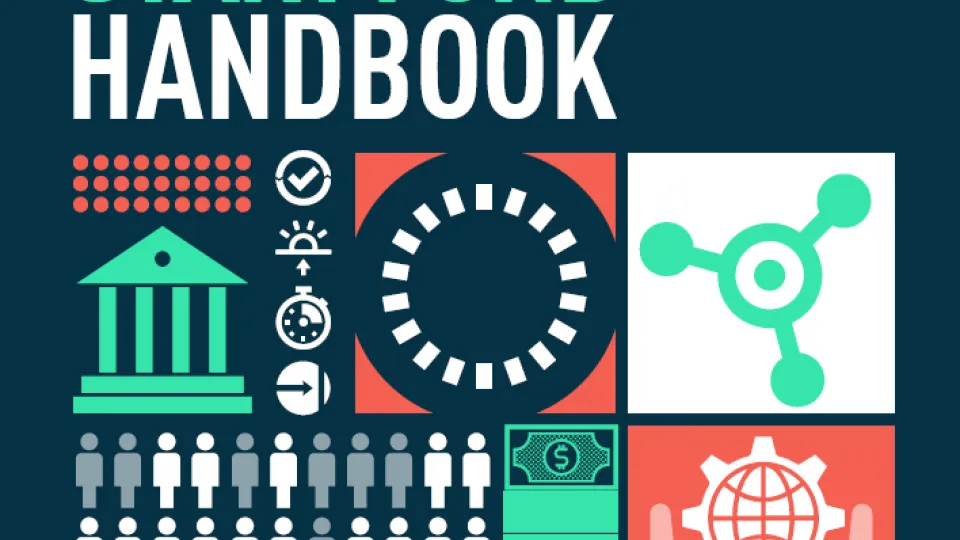
Start Fund handbook
This handbook details the procedures which govern the use and allocation of the Start Fund.
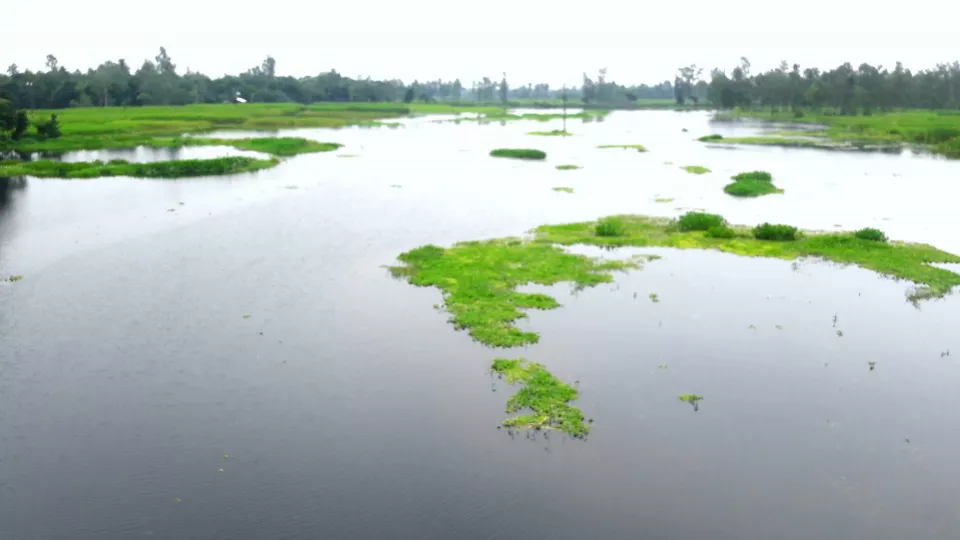
Forecast based early action in flood prone Bangladesh
In Bangladesh, acting before a crisis is not a new idea. In this piece, Md Jafar Iqbal, Programme Manager - Emergency Response at CARE Bangladesh explores some of the barriers and opportunities around scaling early action in the country.
Start Fund Learning Framework: Crisis Anticipation Window
The Start Fund anticipation window seeks to mitigate harm and loss for communities at risk of crisis. It does so by enabling and incentivising StartNetwork members to monitor risk and act on the basis of forecasts. Throughthe Start Fund anticipation window, Non-Governmental Organisationscan respond to shifts in risk, suchas a forecast of extreme rainfall or likely political crisis. A key element of thisapproach requires collective sense-making, or collaborative risk analysis, aroundthe situation forecasted and its potential humanitarian impact.

INFORM 2017 Global Risk Index results released
INFORM has released the results of its 2017 Global Risk Index.
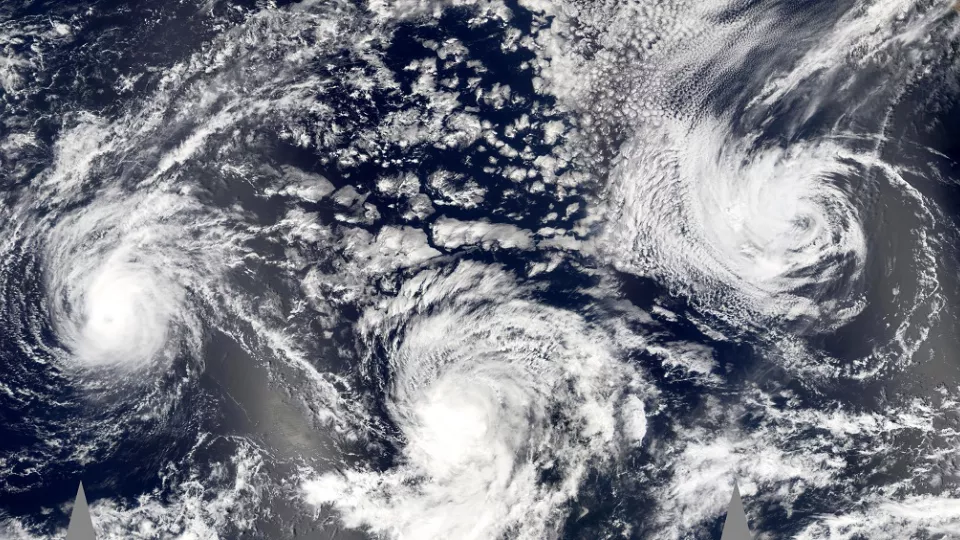
Crisis anticipation online training launched
Start Network has launched a new free 'Crisis Anticipation and Action' online training for Start Network members.
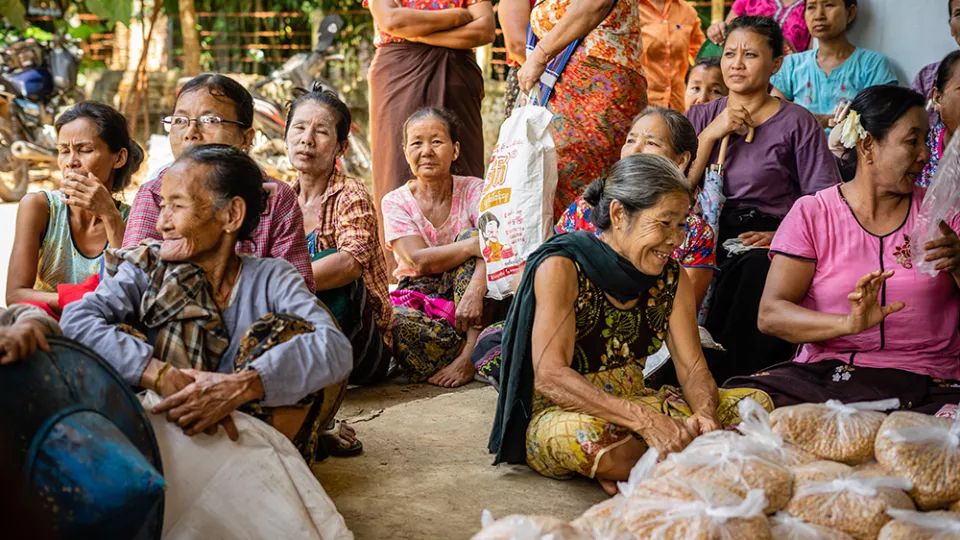
It's time to get serious about gender and early action
Women and girls are known to suffer disproportionately during crises and disasters. A recent report by CARE International found 10/11 top humanitarian donors and 5/6 major United Nations agencies to be unsatisfactory in their progress towards their commitments to target 15% of their humanitarian aid to gender equality programming.
High-level Humanitarian Event on Anticipatory Action: Statement by Christina Bennett
The United Nations and the Governments of Germany and the United Kingdom convened a high-level event to advance anticipatory action and galvanise a collective push to act ahead of crises. Start Network CEO Christina Bennett made the following statement at the event.
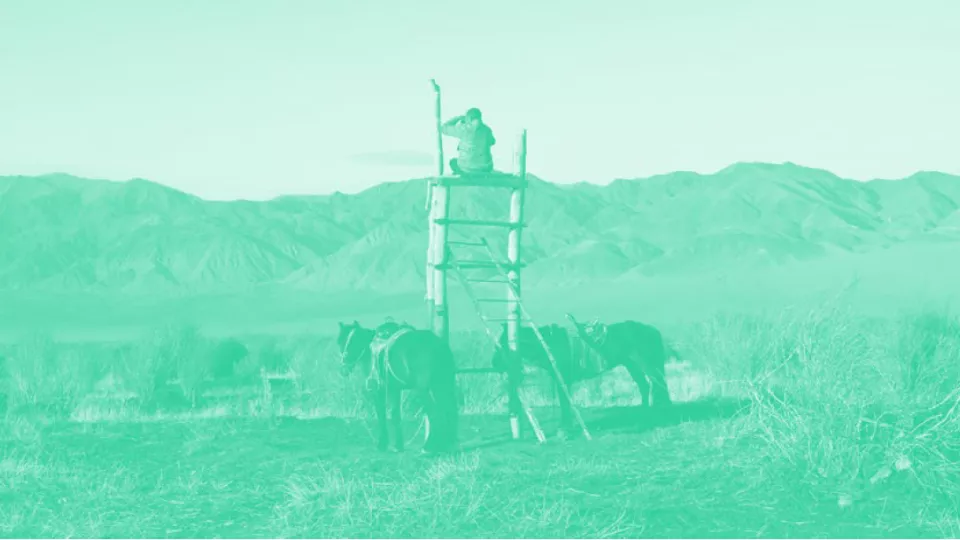
Dzud in Mongolia Anticipation of Harsh Winter
Mongolia is unique. 30% of the population earn their livelihoods from herding livestock, leading a traditional nomadic life to enable their animals to access pasture throughout the year. Weather conditions can be extremely harsh, with long, stormy winters where temperatures can drop as low as -40C or -50C. Herders, and therefore the wider Mongolia economy are vulnerable to the impacts of extreme winter weather. Dry summers can mean livestock do not gain the weight needed to survive winter, combined with harsh conditions this can cause mass livestock mortality known as ‘dzud’.
